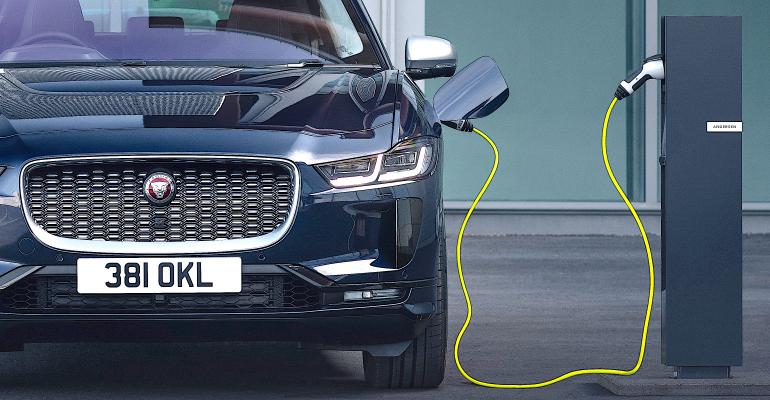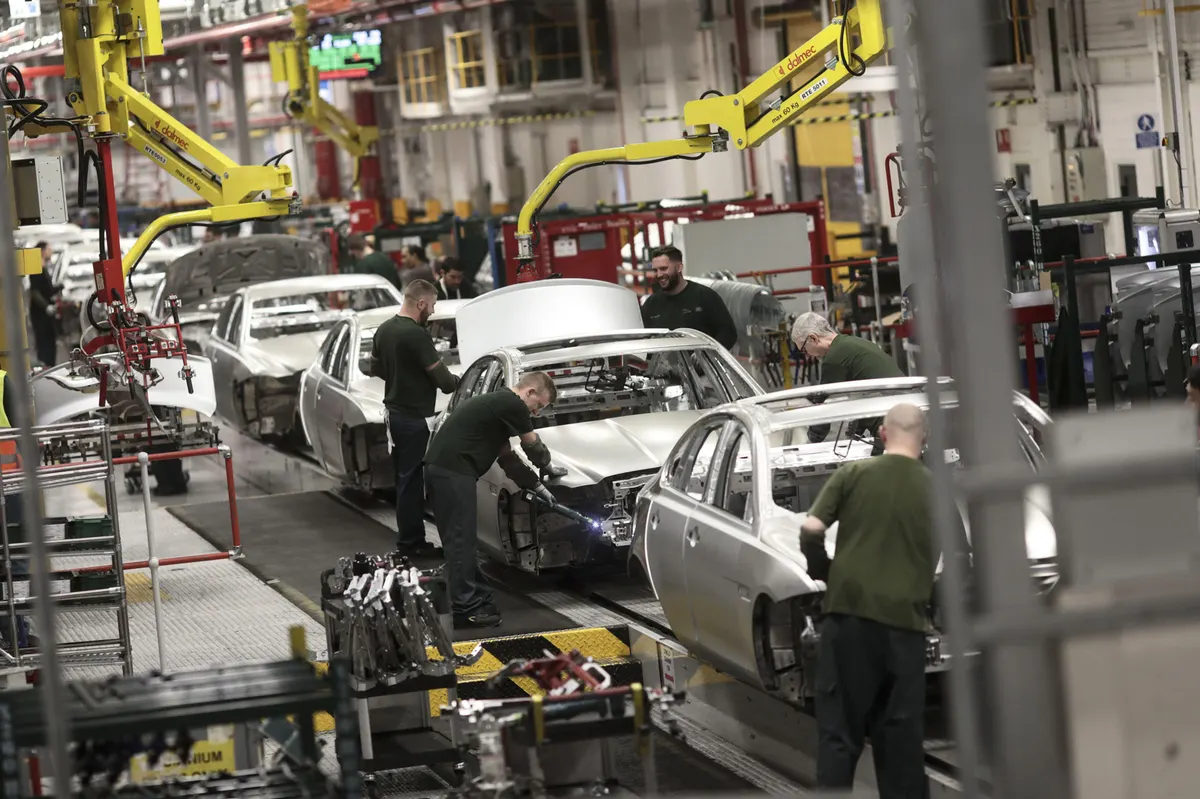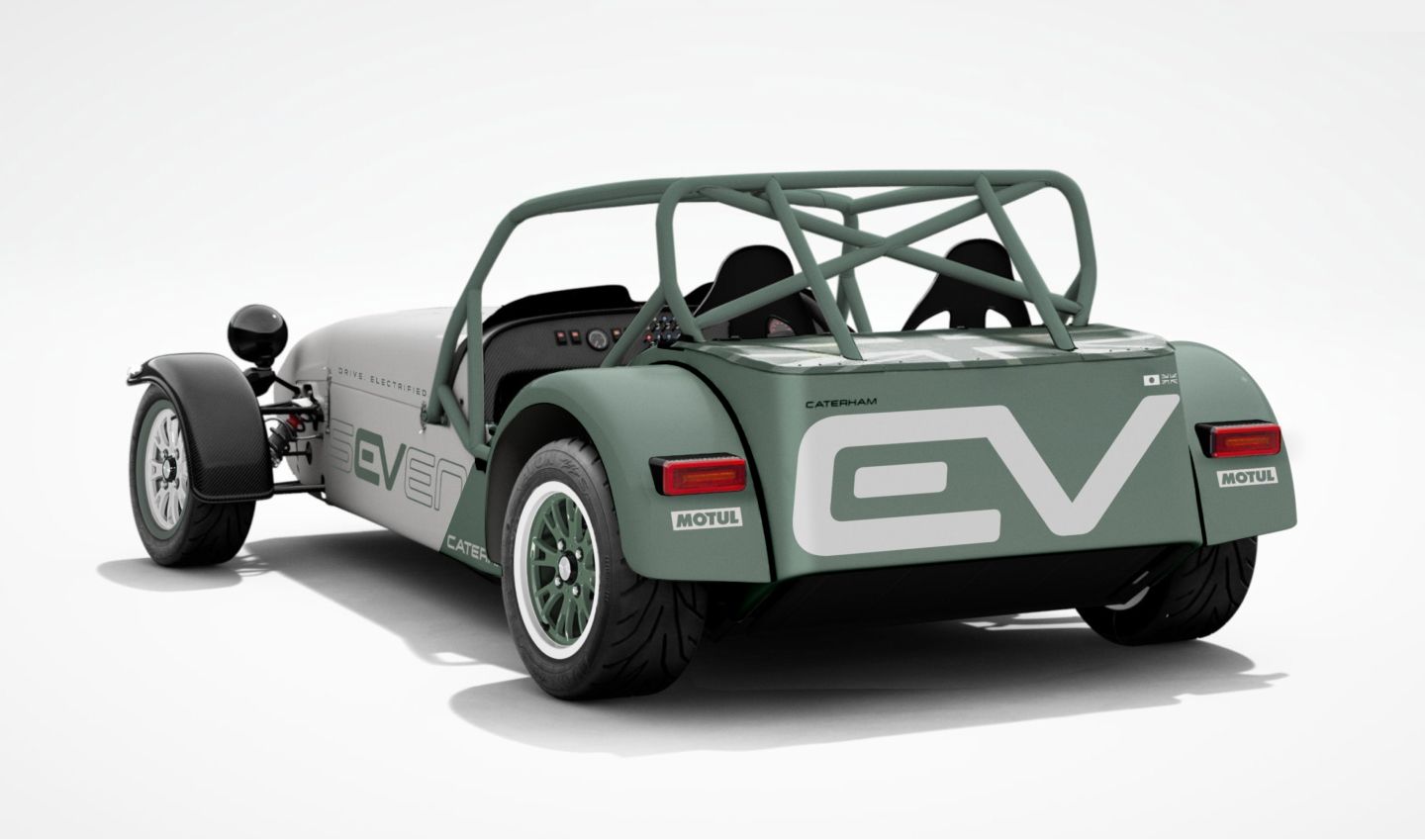
This weeks latest EV news 29-05-2023
Jaguar Picks UK For Multi-Billion-Pound Electric Car Battery Plant
The UK's economy is all set to receive a boost with the development of a new multi-billion pound electric car battery plant in the country. As per reports, the Indian firm Tata Group, which owns the Jaguar Land Rover company, appears to have picked the UK over Spain for setting up their new battery plant for electric vehicles. The boss of Tata is expected to soon fly to London and finalize the deal for the plant.
The battery factory will be equipped with state-of-the-art facilities and will reportedly be located in the 635-acre Gravity business park, which is currently under construction near the M5 motorway at Puriton, Somerset.
Plans for the factory
Once constructed, this massive factory may even be the largest single building in the country, and create thousands of job opportunities in the region.
At present, the deal is being hailed as the most important car-related deal in the United Kingdom in over four decades. As per estimates, the factory has the potential to generate more than 9000 jobs, thereby boosting the region’s economy.
Apart from the factory, a new British Energy Supercharger might also be part of the deal, although there has yet to be any confirmation on this matter.
Also, consultations are going on regarding this scheme, which can considerably lower the energy bills of around 300 companies, especially those manufacturing steel or batteries.

The future of manufacturing EV's
This decision by the Tata Group represents a major victory for the current Prime Minister Rishi Sunak, who intends to make the nation more appealing for car manufacturers. The UK Chancellor, Jeremy Hunt, recently hinted at this development at an event.
During the British Chambers of Commerce’s annual conference, he highlighted the need for having battery-making capacity in the UK. “All I would say is, watch this space, because we are very focused on making sure the UK gets that EV manufacturing capacity,” he said when asked about this matter.
At present, Britain is far behind in the global race to build local battery-manufacturing capacity. And this issue has posed a major threat to the growth of the electric vehicle sector in the country, as it is essential to have heavy battery manufacturing plants near car manufacturing factories.
Moreover, with the post-Brexit rules coming into force the following year, this lack of a local battery manufacturing sector will also risk tariffs on British-manufactured cars. And this makes it all the more important for the country to build local battery capacity.

The plan going forward
Apart from Somerset, Tata Group was also considering another location in Spain for setting up the EV battery plant. However, the decision has gone in favour of the former.
The UK government has welcomed the decision, which has also offered incentives worth a whopping £500m to assist Jaguar and Land Rover in establishing the large-scale electric battery factory.
The decision by the Indian-origin Tata Group is expected to provide a huge boost to the UK's car industry. This is especially significant considering that it comes mere days after major auto manufacturers like Vauxhall owner Stellantis and Ford pointed out that the post-Brexit trade rules coming into force next year may make it unviable to manufacture EVs in the country.
Ford Caterham's new EV Seven
It is a known fact that electric vehicles are far heavier than typical gas vehicles due to the added weight of large battery packs. But, with Caterham unveiling the new EV Seven, this may soon be a thing of the past. At just over 1500 pounds, the powerful yet lightweight EV Seven offers a glimpse into the future of electric cars.
For comparison purposes, this electric sports car weighs a mere 154 pounds more than the combustion-powered Seven 485 by the same manufacturer.

Whats under the bonnet?
The car features a battery pack with a total capacity of 51-kWh, although the usable battery capacity is 40 kWh. Considering that the EV Seven is a sports car and is designed for high-performance use cases, this buffer is there to protect the battery life and keep it running efficiently over the long term.
The electric motor powers the rear wheels and produces 240 hp and 180 lb-ft of torque. As per the manufacturer, this EV is expected to go from 0 to 60 miles per hour in just 4 seconds.
With the goal of making this model ready for track use, Caterham has focused on ensuring quick and efficient EV charging. According to the manufacturer, the car is capable of running full-speed on the track for a 20-minute session before requiring a top-up.
However, charging the car’s battery will only take around 15 minutes, after which it will be good to go for another 20-minute track session. For this purpose, the EV Seven has been fitted with a DC fast charger capable of charging up to 152 kW.
EV Charging and future
And since the rapid EV charging and driving are expected to generate a lot of heat, the company has opted for immersion-cooled battery packs to maximize performance. And you need not worry about battery degradation, too, as the buffer mentioned above helps ensure optimal performance. Putting any worry's charging this EV to rest.
Although the EV Seven might seem like the perfect sports car for the future, the current model is just a prototype. At present, the company has no plans to mass produce this EV model for sale. Instead, Caterham intends to use the prototype as a testbed to ascertain how well an EV powertrain works for specific use cases of their customers.
The public debut of the EV Seven is scheduled for July, when it will be showcased in the Goodwood Festival of Speed. The automaker is also expected to unveil another electric sports vehicle in the coming months.